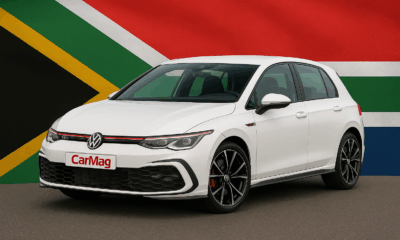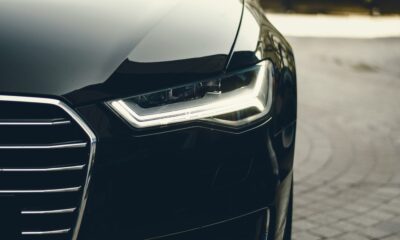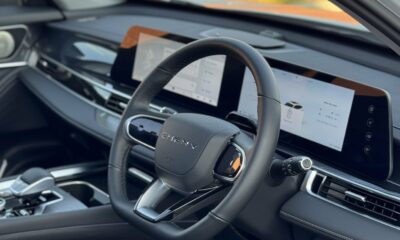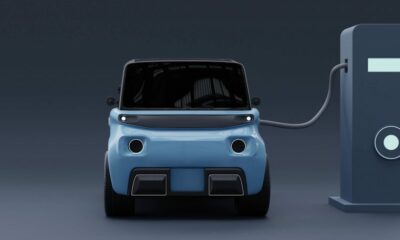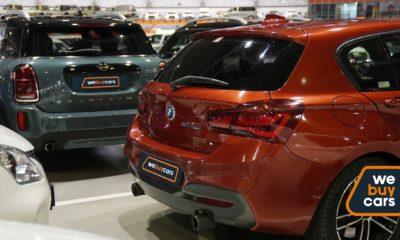Business
Nissan Bets on South Africa as Hybrid Car Expansion Looms
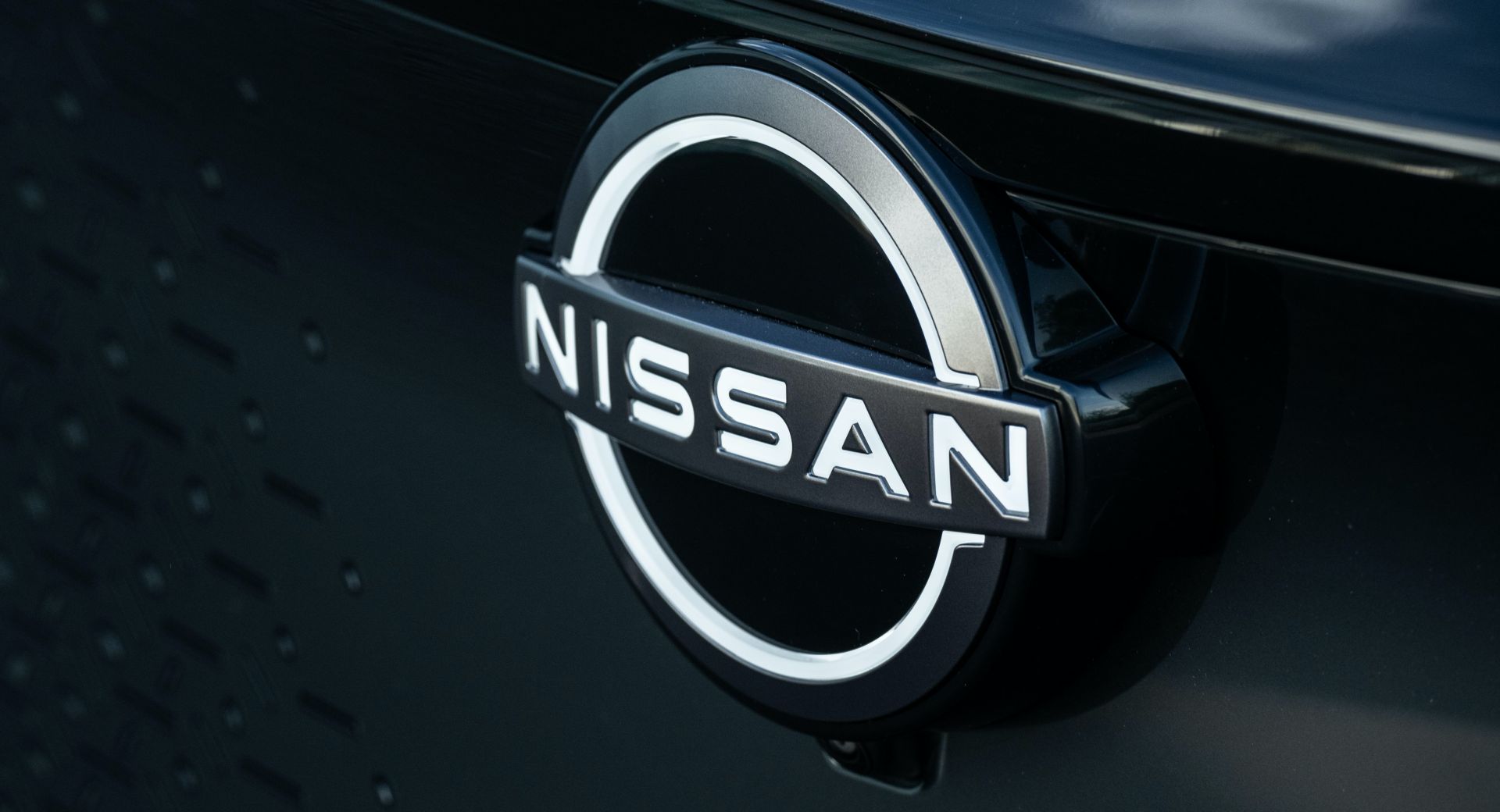
A bold move in a tough market
While some carmakers are scaling back or cutting jobs, Nissan has chosen a different route for South Africa. The Japanese manufacturer has confirmed that it plans to expand its operations in the country and is actively considering introducing its e-Power hybrid technology to local roads.
The move comes at a time when the global auto industry is under pressure. Nissan itself has announced a major restructuring, including job cuts and plant closures abroad. Yet in Africa, the company says it sees growth potential rather than retreat.
Why hybrids could work for SA drivers
Electric vehicles are still a hard sell across much of Africa. High import duties, lower household incomes, and a patchy charging network all slow adoption. For South Africans, load-shedding has only deepened scepticism about whether fully electric cars make sense right now.
This is where Nissan’s e-Power system comes in. Unlike traditional EVs, these hybrids use a small petrol engine to generate power for an electric motor, meaning there’s no need for constant charging or large, costly batteries. The car still drives like a fully electric model, but without the risk of being stranded when the lights go out.
“This is the right technology to transition to full EVs in Africa,” said Ramy Mohareb, Nissan Africa’s communications head. The company has already rolled out e-Power models in Morocco, Egypt, and Tunisia and is studying whether South Africa could be next.
Backing Joburg while rivals struggle
Nissan’s Africa managing director, Maciej Klenkiewicz, has doubled down on the brand’s commitment to South Africa. “We are not shrinking, we’re going to increase that portfolio,” he said at the recent launch of new models, including the X-Trail SUV and the Magnite Kuro.
That message comes at a time when competitors are faltering. Ford has announced almost 500 job cuts in its local plants. Tyre maker Goodyear SA is preparing to trim 900 positions. Even Mercedes-Benz is reportedly rethinking its East London operations after US tariffs upended its export market.
Against this backdrop, Nissan’s intention to expand sends a very different signal. Rather than pulling back, the company appears to be betting on South Africa as a cornerstone of its African strategy.
A changing car landscape
South Africa’s auto market itself is shifting. Buyers are increasingly turning to Indian and Chinese brands, which offer lower price points at a time when wallets are tight. Naamsa data shows Chinese names now comfortably sit among the country’s top 10 best-selling cars.
For Nissan, the bet is that affordable hybrids could appeal to cost-conscious South Africans who want a cleaner drive but cannot gamble on an unreliable charging network. If successful, e-Power hybrids could carve out a new middle ground between petrol and electric, positioning the brand as a practical choice in an uncertain market.
What it means for drivers
For motorists, this expansion could mean more accessible hybrid options on showroom floors within the next few years. While premium brands are sweating over tariffs and exports, Nissan’s local play feels more grounded in the daily realities of South African drivers: affordability, resilience, and freedom from load-shedding worries.
Whether the strategy pays off will depend on how quickly the market warms to hybrids. For now, Nissan is planting its flag, signalling that even in a tough economy, it sees reasons to grow.
Also read: Ramaphosa Sends Team to US as South Africa Navigates Tariff Talks
Follow Joburg ETC on Facebook, Twitter, TikT
For more News in Johannesburg, visit joburgetc.com
Source: Business Tech
Featured Image: Carscoops

